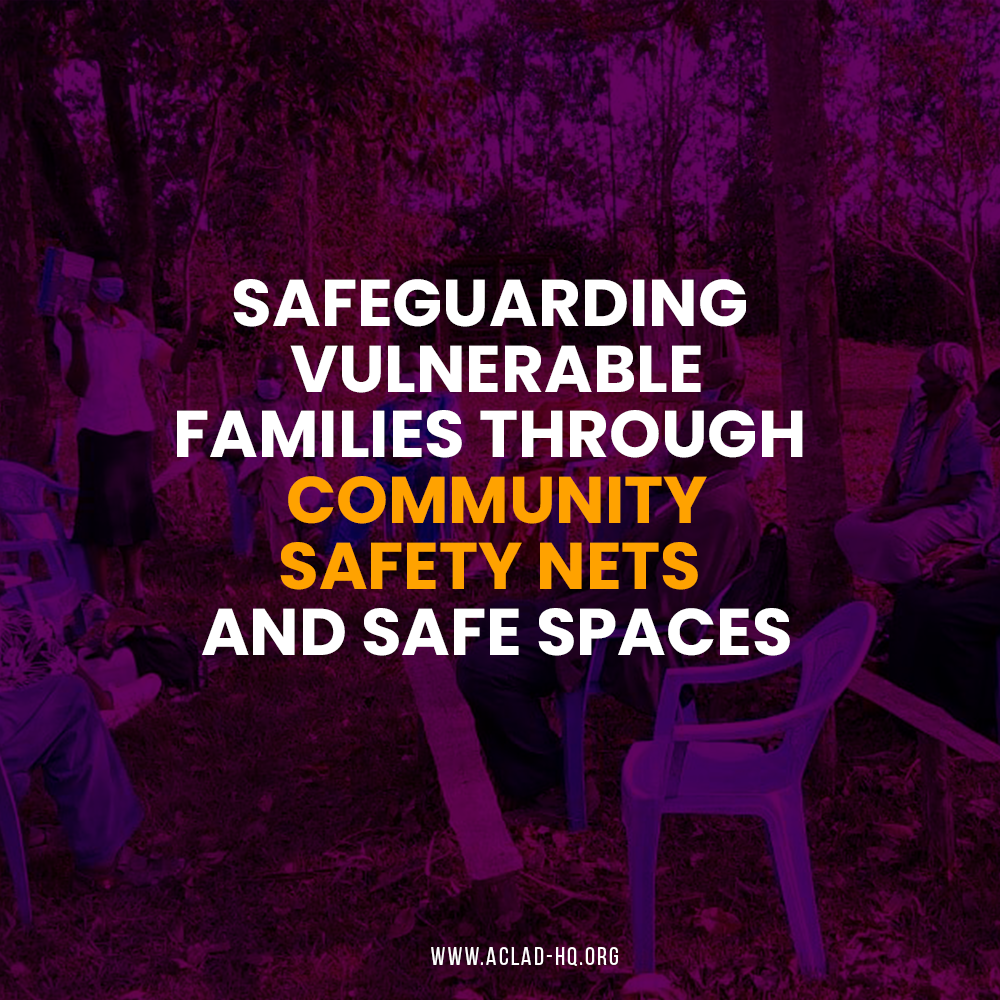Safeguarding vulnerable families through community safety nets and safe spaces

According to the World Bank[1], an estimated 36 percent of the very poor globally escaped extreme poverty because of social safety nets. These safety nets go a long way in guarding the most vulnerable families and resource-poor from livelihood risks and uphold an acceptable level of food consumption and improve food security. With this realization, our community safety nets project- Kivuko (Stepping Stones), targets and funds vulnerable households to help them manage their daily needs. Through social accountability, children, adolescents, families and communities are empowered to be more active in demanding and creating safe spaces. This is done through community dialogue sessions that bring together the community to improve communication, synergy and service provision.
The safe spaces created by the safety nets go beyond the physical place. It is more so about the behaviors and connections that create an environment where everyone feels accepted, appreciated and respected no matter what. In those safe spaces, people have the freedom of expression, where they can do so as honestly and authentically as they can be without being judged based on their gender, religion, sexuality and abilities.
With the creation of community safety nets and safe spaces comes another aspect-social protection, which essentially helps vulnerable people address the risks that they face. These risks include but are not limited to social exclusion and food insecurity, poverty and inequality. According to the Social Safety Net of the United States, creating that safe space in which the rights of every individual are recognized and respected gives communities at risk the opportunity live without fear of persecution or abuse. In addition, vulnerable groups in these spaces have the chance to gain an understanding of and experience the realization of their human rights. Overall, community safe spaces and safety nets provide a space for freedom of expression and a safe environment free of human rights violations.
Catherine Muteithia
ACLAD Media Consultant
[1] https://www.worldbank.org/en/topic/safetynets
